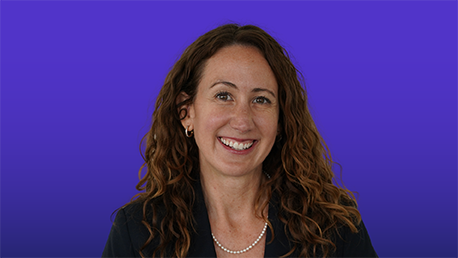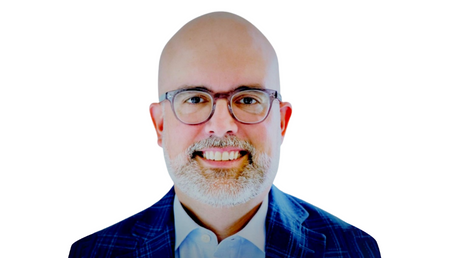With over two decades of experience as an SIU manager at a major North American insurer, Matt Psichoulas is our resident expert on special investigations. Over his career, he’s investigated auto and property claims, medical practitioners, body shops, and attorneys. With such a wide range of experience, he’s a seasoned professional when it comes to helping teams identify fraud, speed their investigations, and make better decisions.
How did you get started in the insurance industry?
I was recruited right out of college. State Farm offered me a position when I was still on campus, and I became a subrogation claims handler after I graduated. My supervisor suggested I enhance my industry knowledge, so within the first four years of employment I attained the CPCU (Chartered Property Casualty Underwriter) designation, and was promoted to a team manager in claims. State Farm then supported me in obtaining an MBA.
Can you tell me more about what you did while you were in your role?
As an SIU Team Manager I was responsible for hiring, training,coaching and motivating my team to achieve results. State Farm is a huge organization with a lot of SIU teams and over my two decades in SIU I led teams that handled auto property damage and injury fraud, property and casualty fraud, catastrophe fraud, major case, as well as screening/triage teams, and teams focused on process improvement within SIU. As a change agent, I would be asked to take over teams that needed help, and worked with them to achieve our goals. I was also responsible for developing and writing standard claim procedures for SIU, and providing training on those across the organization.
What are some of the most common challenges you saw in that environment?
Helping investigators find that balance between quantity and quality. An accurate coverage investigation requires analytical skills and the ability to develop an investigative plan based upon the merits of the claim and where the evidence takes you, but also balancing that with time management skills and knowing when more investigation is needed or when it’s time to make a decision and move on to the next claim.
What do you consider to be the most important achievements in your career?
I think my important achievements revolve around helping my teams achieve great results on a consistent, reproducible basis, along with ensuring their engagement and enjoyment of what they are doing every day.
Based on your experience, what is the biggest challenge facing insurers?
Fraudsters are becoming more creative, especially when working together. There are organized networks of medical providers, attorneys, and body shops who specialize in insurance fraud, and they come up with some elaborate schemes that are not easy to detect at the individual claim level.
What concerns me most is that fraud networks are now getting tools powered by AI (just like insurers are getting their own AI tools) and they’re starting to take advantage of this. Consumer-grade applications now let bad actors fake photos and videos beyond any human ability to detect. If you’re an insurer still relying on 100% manual investigations and claims processing, then you’re a rich target for criminals armed with deep fakes and other advanced techniques.
What would you say to an SIU manager who’s trying to succeed in this environment?
I think my first piece of advice is that this is an arms race, and you need to upgrade your technologies and processes if you want to fight fraud effectively. Before you can maximize the utility of newer technologies however, you need to make sure your team has a solid background in investigating, evaluating and defending complex fraud investigations.
One way to demonstrate this to upper management is to develop and monitor KPIs that are important to an SIU, such as accuracy in claim decisions, number of claims handled per investigator, impact percentage, and resistance dollars of non-meritorious claims. If you can demonstrate you are maximizing your current resources, then you can say “when I have this additional tool, I can improve my results even more.”
Of course, that leads to a chicken-and-egg problem. You need the new technology to increase your KPIs, but you can’t increase your KPIs until you have the new technology.
How do you think SIU leaders can resolve that problem?
Simple – schedule a meeting with me!
Want to learn more about Matt Psichoulas and how his expertise helps insurers navigate the future? Contact us to set up a conversation with Shift subject matter experts.


